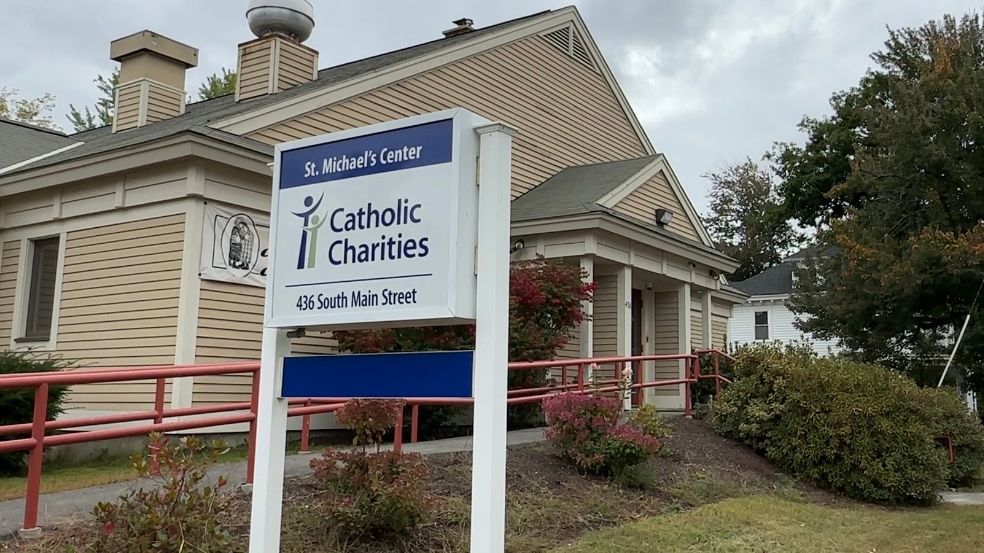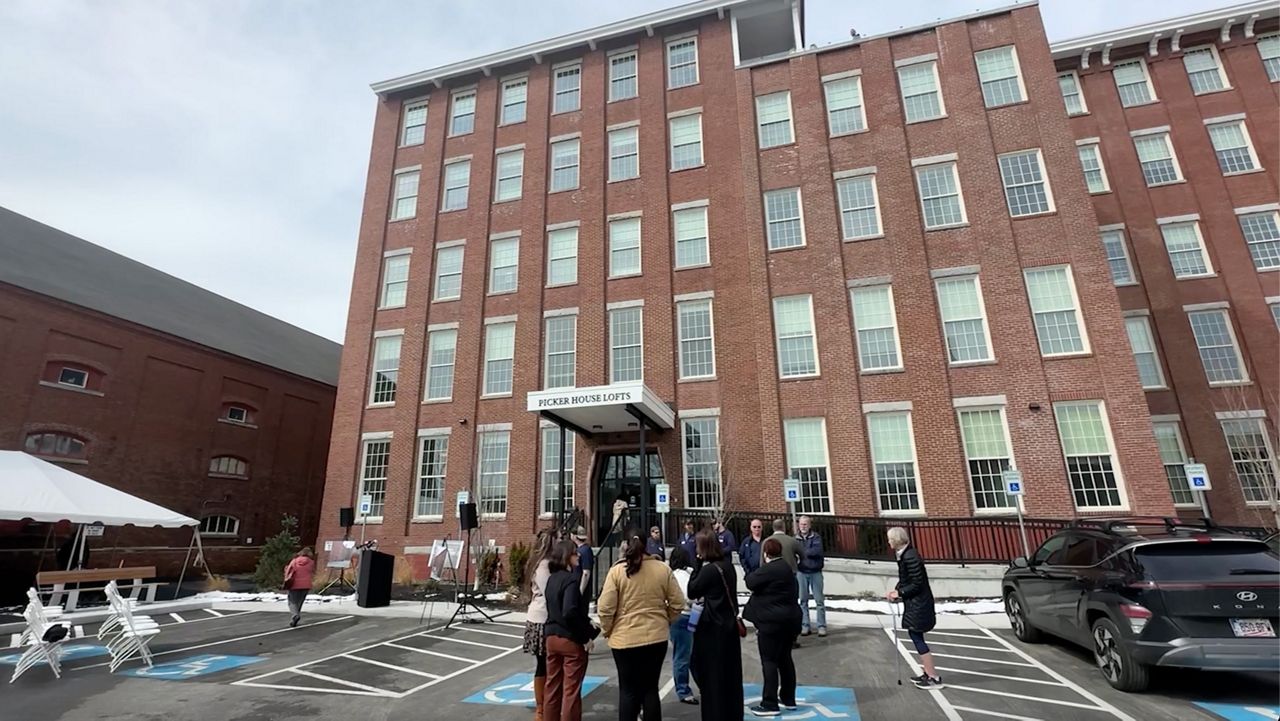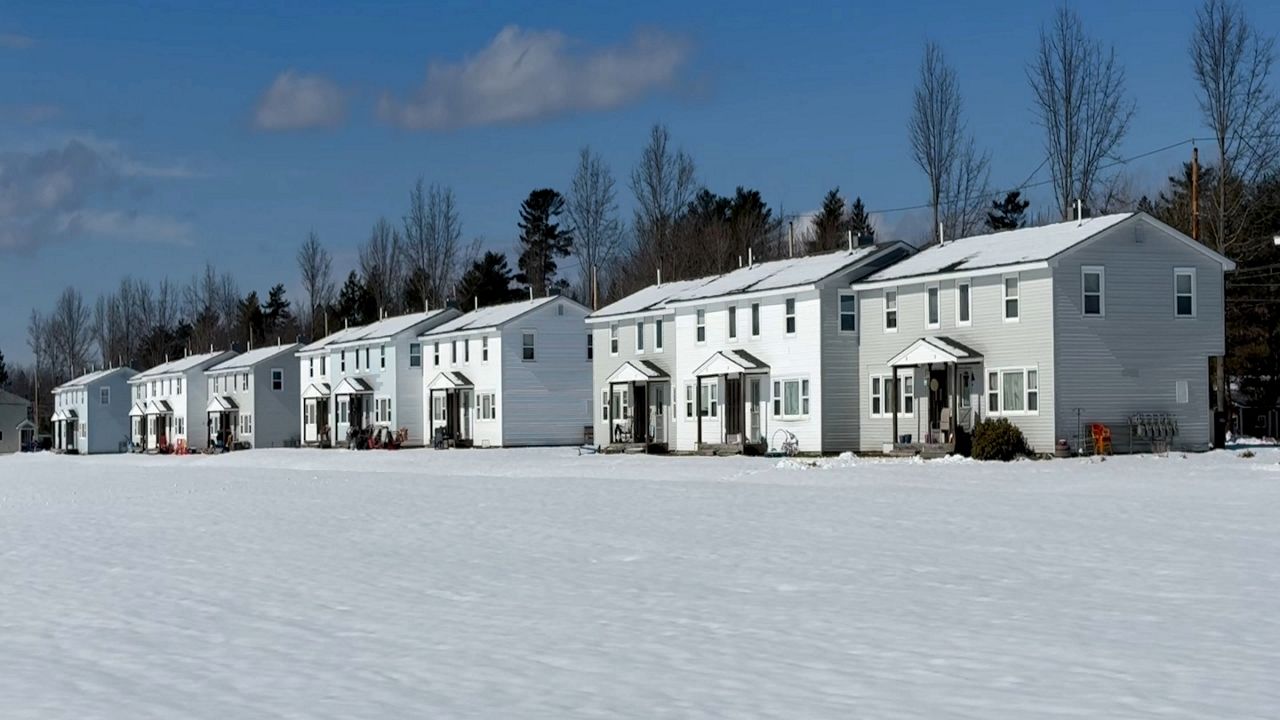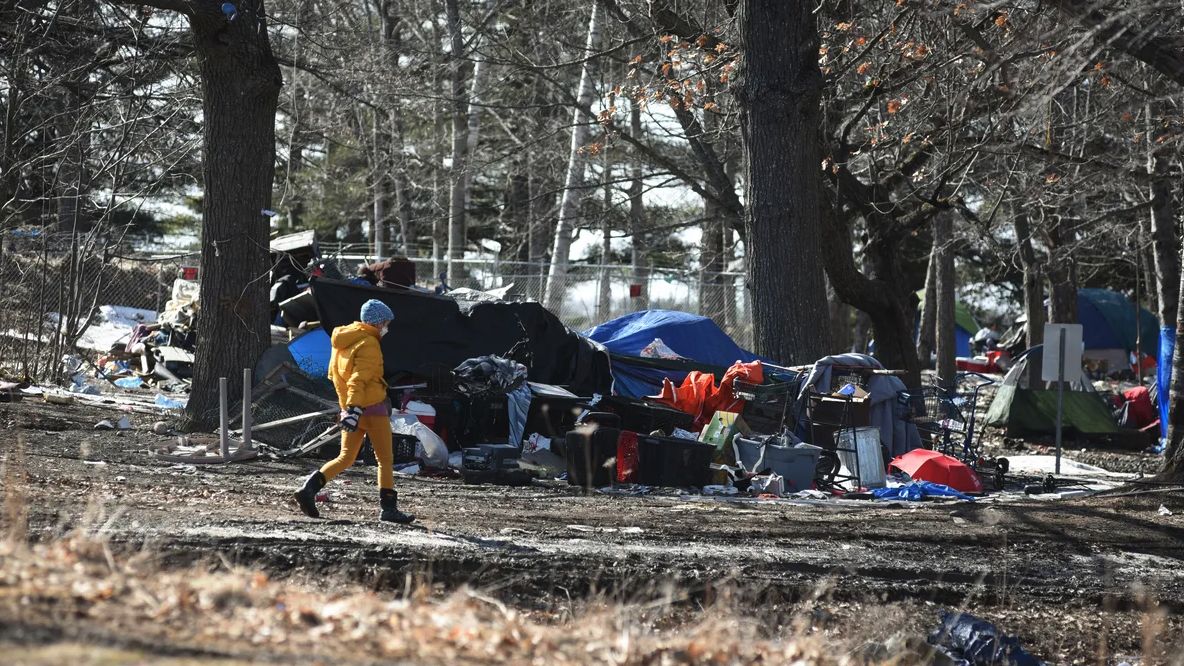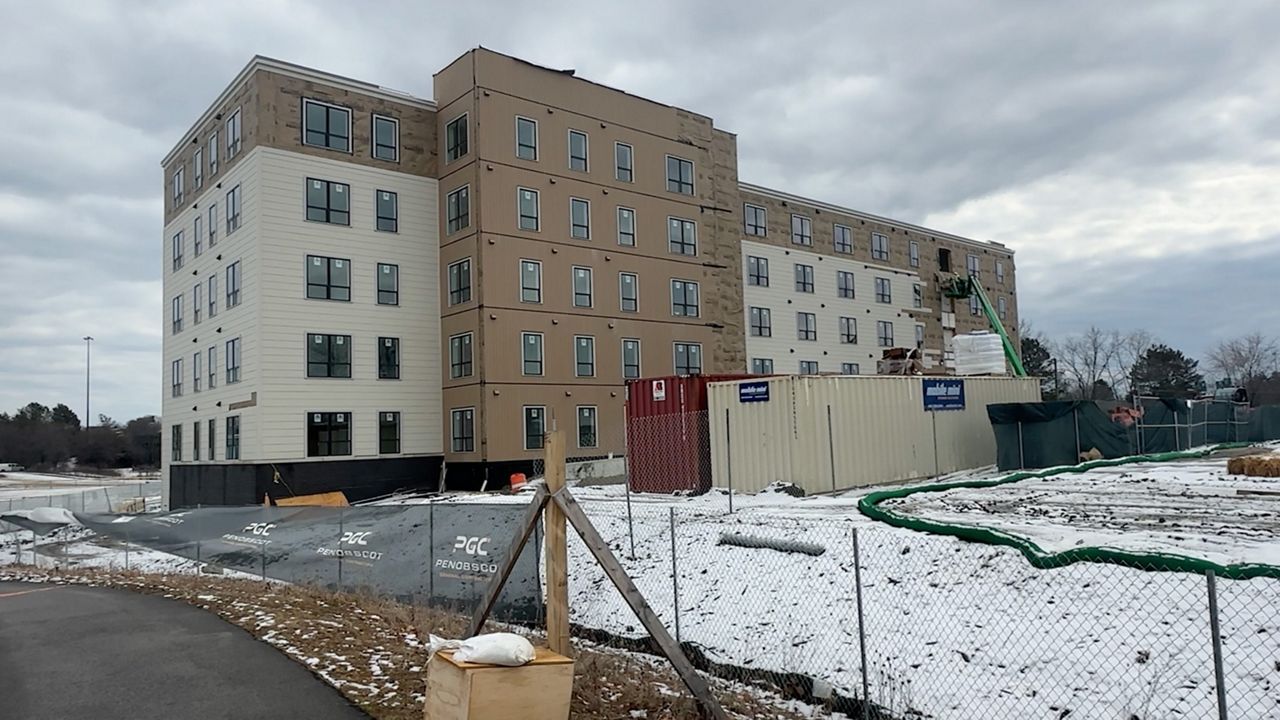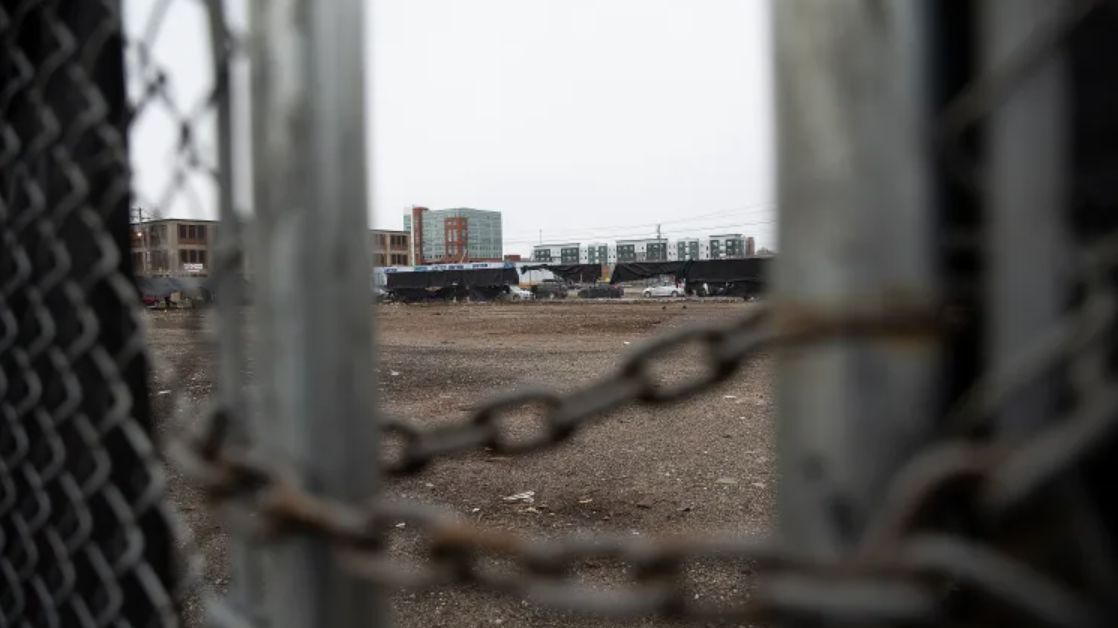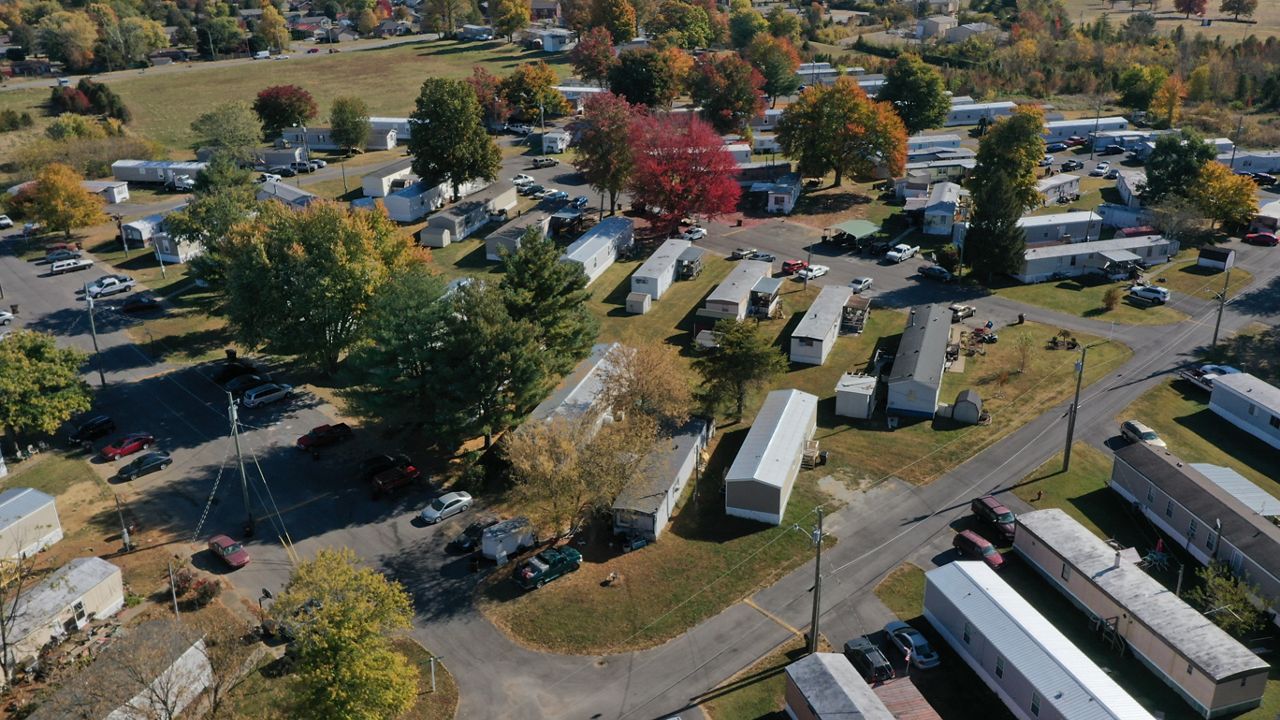For nearly 50 years, Catholic Charities Maine has helped welcome refugees fleeing persecution for their race, religion or political opinions build a new life in Maine.
Starting in October, and over the next 12 months, the program will help 150 refugees settle in the Bangor region, said Melissa Bucholz, assistant director the Refugee and Immigration Services program with Catholic Charities Maine.
She said they don’t yet have details about the new arrivals, but last year, they helped refugees primarily from Syria and Venezuela.
“We’ve also served folks from 11 different countries of origin,” she said. “Coming from the Caribbean, Central and South America, West Asia and the Middle East.”
Since 1975, Catholic Charities Maine has been designated by the federal government as the agency in Maine responsible for providing services to refugees. Those services include case management, help finding a job and housing, and tips for fitting into their new communities.
Refugees are a particular category of immigrants who have a “well-founded fear of persecution for reasons of race, religion, nationality, membership in a particular group, or political opinion,” according to the United Nations.
Bucholz explained that refugees are part of a larger “immigrant umbrella” that spans from people in the U.S. on student visas, work visas and asylum seekers.
Statistics vary for the wait time for refugees, but it can take 10-15 years for them to get to the U.S., Bucholz said. Oftentimes, they have already fled their home country and are waiting in a different country before they are allowed into the U.S.
Before they get to Maine, the Department of Homeland Security interviews each refugee individually and they must pass background checks with “multiple national security and intelligence agencies and pass health screenings,” according to Catholic Charities.
Statewide, the agency, which has offices in Portland, Auburn and Brewer, helped more than 400 refugees settle in Maine in 2023. The new Mainers came from Afghanistan, Ukraine, Somalia, Sudan, Iraq, Haiti and the Democratic Republic of Congo, among other places.
Bucholz said her office not only helps refugees find a job, but they also make sure they know how to access medical services and provide case management. That might include school enrollment, help learning English and housing.
In addition, transportation can prove challenging.
“When folks arrive, they don’t have a car,” she said. “Kind of navigating getting a permit, a driver’s license and a car eventually, as well as navigating local bus systems.”
Each Catholic Charities office places refugees within 100 miles of their office. She encouraged established Mainers to take time to meet their new neighbors.
“They are happy to be here and they are wanting to be here,” she said. “Just kind of patience in that journey. There might sometimes be cultural misunderstanding.”
She recalled a client of hers expressing concern that a neighbor didn’t seem to understand why they were celebrating a holiday that is common in their culture. She suggested the refugee take the opportunity to introduce themselves to their new neighbors by bringing over food.
“They bought a birthday cake from Walmart and brought it to the family,” she said. “So there might be misunderstandings like ‘why are you giving me a birthday cake? I’m just your neighbor.’”
She said patience on all sides can go a long way.
“People are wanting to learn and wanting to do their best,” she said. “And they are happy to be a part of this community.”





